Homeopathy Tips Newsletter
Synchronicity in Homeopathy
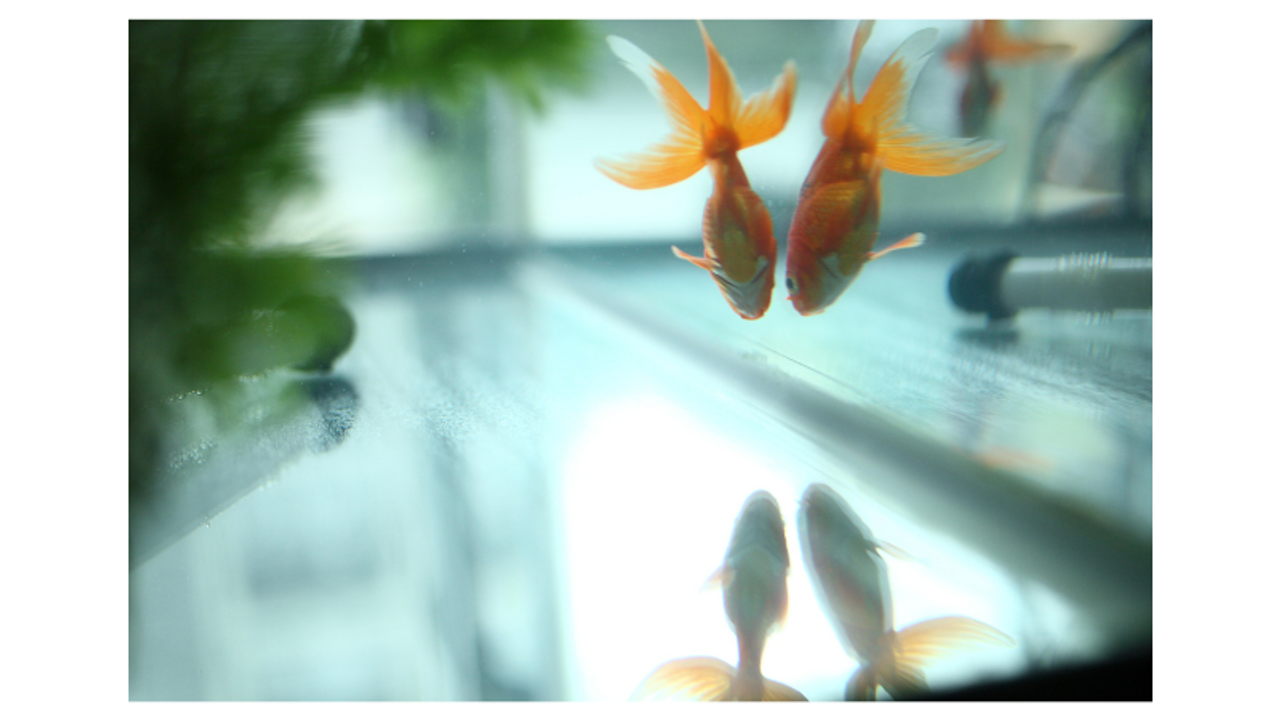
Many times in a person's story they will speak about events in their life that seem to defy all odds of occurrence. When this happens we usually say that there was some synchronicity. That two currents of life flowed together to form a larger and succinctly timed event. If the event has a negative connotation we usually say it was an accident. But if the event has a more positive or serendipitous quality, then we say it was an event of synchronicity.
These events happen more often than we may think. Many times they occur with such common and everyday matters they may go unnoticed. If we were more aware of our everyday thoughts and actions we may very well see how the universe is supporting us perfectly all of the time. Often after taking homeopathic remedies and experiencing a healing response, we become more aware of our life and thoughts and will make more connections in our daily lives. For someone who has not experienced this before it will be very remarkable. They will tel...
Changing Remedies in Homeopathic Prescribing

In the course of homeopathic prescribing we often come to a time in the case where it's not very clear what is happening and we are tempted to change the remedy. Sometimes this can be premature. Other times it is the most appropriate thing to do. So the question is, "How do we know when it is time to change the remedy?".
After taking the case and giving the remedy the next important step is the first follow-up. At this time it is necessary to determine if the remedy has worked. The best way to determine this is by looking for ways that there is movement in the case. How have things started to change? Has there been any shift in their mental state? The one thing I hear consistently is that there is a greater sense of well-being. This shift I notice in almost every case. Look for a movement that the vital force is responding to and a shift is occurring. Sometimes it's as simple as seeing the ways that the little things in their life are easier.
If this movement is still happening I us...
Homeopathic Education

I get many questions about the study of Homeopathy and what is the best approach. I think it could be an individual preference but after training homeopaths over the last 21 years I have found that there are a few things about homeopathic education that really work. I would like to share them with you.
I have found that if a person wants to be a professional homeopath, seeing clients on a daily basis, they must really love people and being around them. This may sound a bit absurd at first. After all, isn't the job of the homeopath to be around people and help them? Yes, but you might be surprised at how many students I have talked with that have spent 3 years at some other homeopathic school and have never taken a case or spent time with clients. When they were finally introduced to a new client case they were surprised at their own reaction. I have heard everything from fear in front of the client because they did not have confidence in being a homeopath because they have never done ...
Anxiety Attacks in Homeopathy
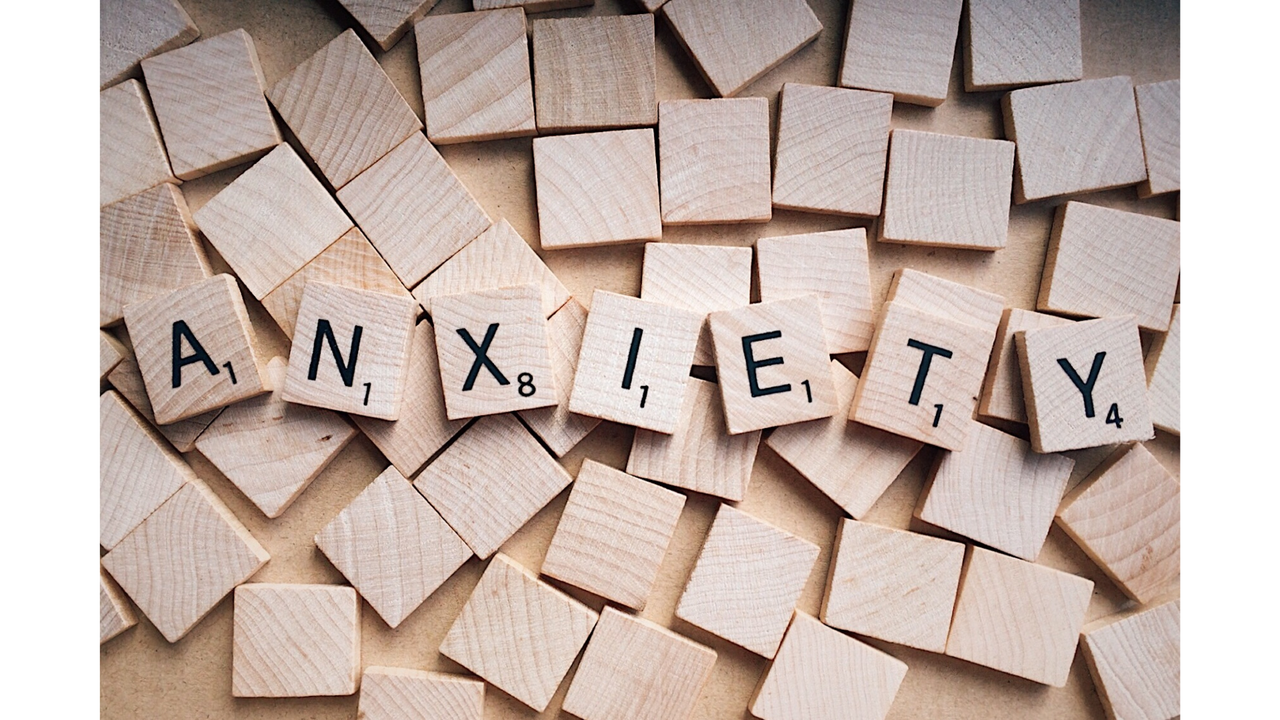
One of the more common complaints from clients is anxiety attacks. It seems in this hurried modern world we live in more and more people are having anxiety attacks during the course of their day. There might be many reasons for these, especially from the allopathic diagnosis (Hormone imbalance, thyroid deficiency, mental disorder, etc.) but nothing takes the place of simple case-taking and understanding of how the person is responding to their thoughts or environment.
When someone complains of anxiety attacks it is important to ask them to tell you a story about when this happens. From their story, you will glean much about what it is that is triggering them. Sometimes it may be a closed room or the stuffy feeling that they were experiencing. Other times it might be the presence of a crowd or riding in an elevator. It would be important to know if it was the closed areas of the elevator or the movement that frightened them. Sometimes it is the anticipation of an event or thinking abou...
"No Mans Land" in Homeopathic Healing

Last week I went over one of the changes that begin to occur as a person heals. This is the state of being in the “Observer”. Another stage of a person's healing that can be a little disconcerting is when the person is changing so fast that everything about their life seems different. This is the main indication of knowing they have entered “No Mans Land”.
“No Man’s Land” is usually very uncomfortable for most people. As they have moved into the observer they become more aware of their interactions with others. Sometimes established relationships will change dramatically as the person becomes more aware of the unhealthy ways they have related in the past. Many times significant relations with family and friends will shift and the person sometimes makes the comment, “How did I get here?” This is one of the most common comments I hear when a person is in this stage of their healing. They are seeing their world differently and the old ways the dis-ease spoke through them are leaving them...
The Observer in Homeopathic Healing
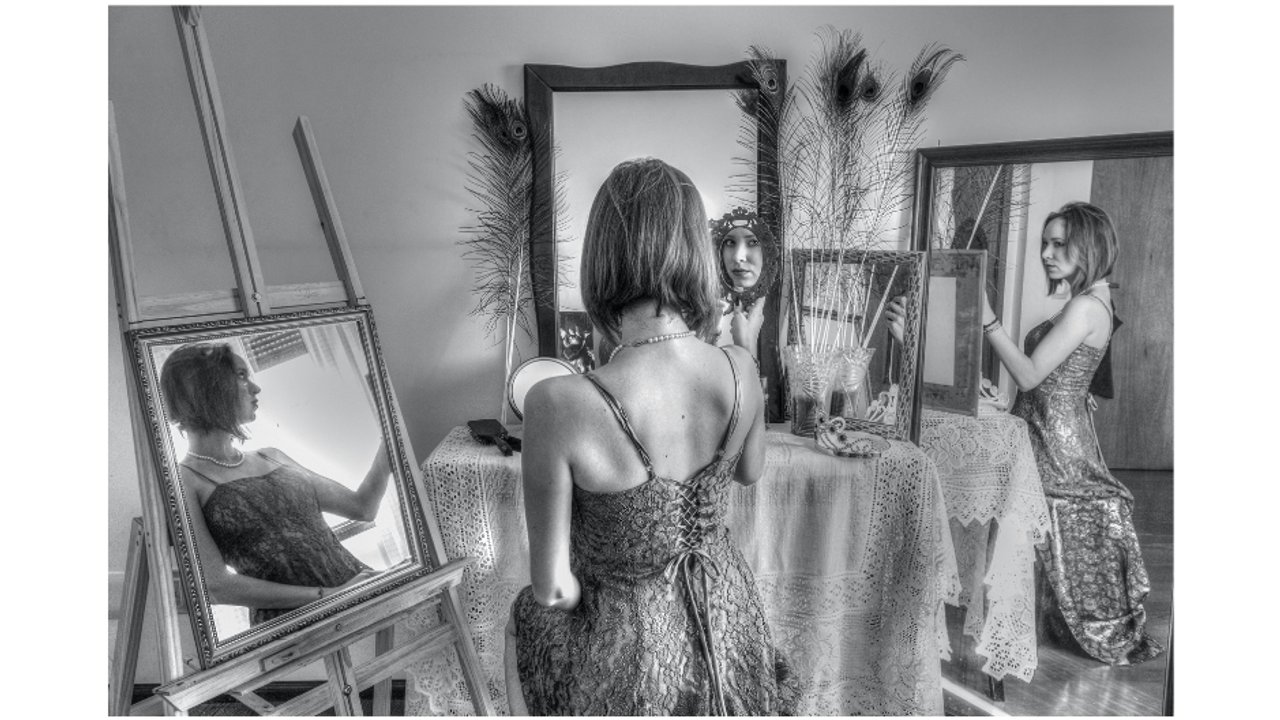
I believe I have discussed Hering's Law of cure and the healing response in previous newsletters, but what I want to share today is a subtle indication that a remedy may be working. As a quick reminder, Hering's Law of Cure states that we heal from the top down, inside out, from most recent symptoms to more distant and from most vital to least vital organs. This seems pretty straightforward.
In nearly every case I have seen there will be one or more aspects of this law that is apparent during a person's healing. Often I hear how the client is doing better and has a greater ability to see their own thoughts and process. It is like their thoughts have not changed yet but their attachment to them is different. I call this the "observer". When a client reports that they can really "see" their stuff and observe their own thought patterns it is telling me that they are healing.
When this phenomenon exists it is in perfect alignment with Hering's Law of Cure. The dis-ease has moved from wit...
Remedy Relationships in Homeopathy

It is important to know about the remedies in our Materia Medica and their relationships. I often see a case improve dramatically with a given remedy but not go on to cure. With a little knowledge of remedy relationships, some of the more perplexing cases can be improved by giving a complementary remedy to the first remedy prescribed. It must always be that this second remedy is indicated and not just given routinely.
When you see a child with recurrent high fevers that yield to Belladonna, but the fevers continue to reoccur then often Calcarea Carbonica will be the chronic remedy for these acute states.
Natrum Muriaticum sustains the same chronic relationships to Apis and Ignatia. It stands to reason since Natrum Muriaticum shares many common themes with both of them. One can see the relationship between the crystalline structure of Salt and the crystalline structure of the honeycomb and crystallizing of honey. Often it will be difficult to tell the difference in skin eruptions tha...
The Art and Science of Homeopathic Prescribing

There are two aspects of Homeopathy that seem to be diametrically opposed to each other but are absolutely necessary for Homeopathy to work. These are the "art" and the "science" that must be brought together to form a whole picture of dis-ease and the correct selection of the remedy. At first glance, it seems as though it would be impossible to marry the two. But careful investigation as to the true meaning of these different aspects can bring homeopathy to the level Hahnemann himself experienced.
I speak often about "seeing the case". This is where the "art" part of homeopathy comes in. The ability to be free of prejudice and let the client "paint the picture of their dis-ease". It is much like art appreciation; where there is nothing to judge about the work of art but to simply take it in and allow it to create the feeling inside. The difference is that it is most detrimental to follow feelings when case-taking. Feelings are usually your previous experiences and it is not good to g...
Handling the First Follow-up in Homeopathy
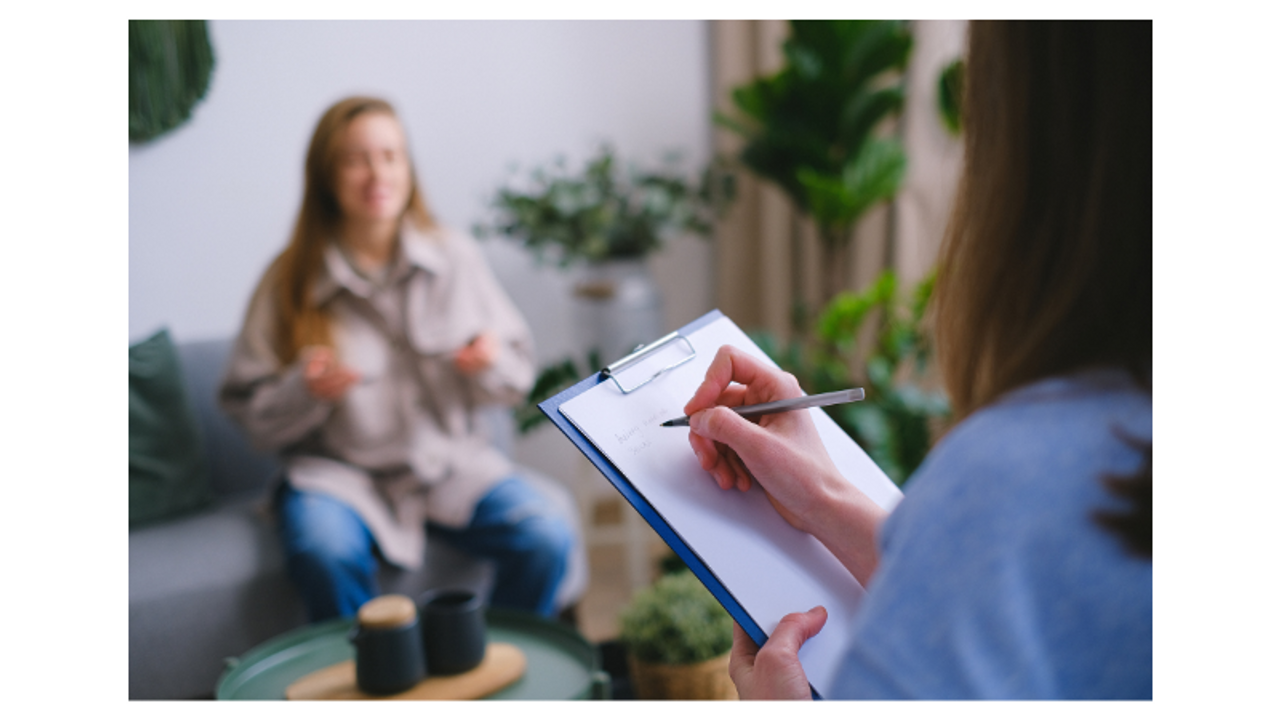
When we have given a remedy, how do we know that it has worked? How do we know that the well-selected remedy that was given with confidence, is right?
The first follow-up is as important as the original case-taking. When we have given a remedy it is essential to determine if the remedy has worked. This can present problems at times. The client does not always report in glowing terms that the remedy has been helping. Sometimes it takes a bit of investigation to find out what has happened since they have been on the remedy. This is where good notes from the original case are essential. We must be able to investigate whether the vital force has responded or not.
I find that the first follow-up is best scheduled for around 4-6 weeks after the initial visit unless there is a very serious condition that is needing more attention. It is best to conduct the follow-up in a similar fashion to case-taking. Let them speak. Many times they will tell you that the remedy has had no effect but when ...
Mind Rubrics in Homeopathic Repertorizing
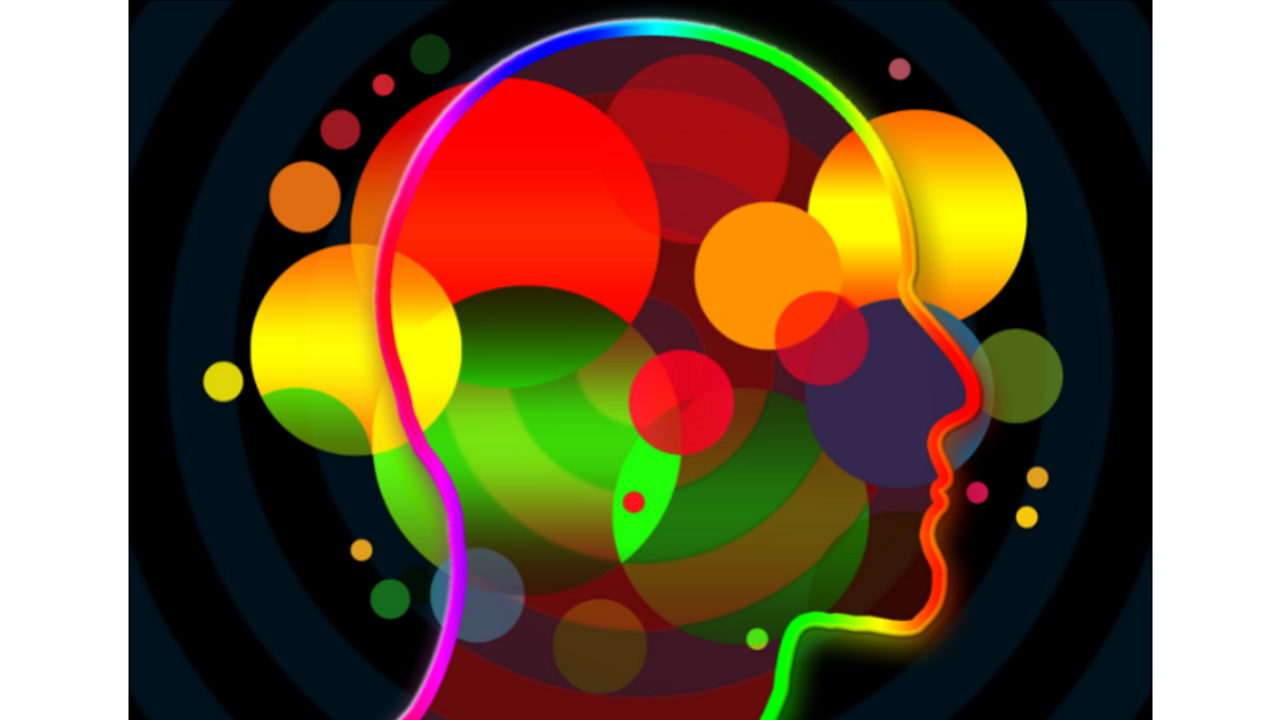
When doing homeopathy it is very helpful to have complete knowledge of the repertory, especially the mind section. Obviously, it is so large that it would probably be impossible to memorize it all. But there are a few rubrics that come up often that it is good to be familiar with. These rubrics can often be seen in case-taking and could help lead to the best remedy.
Study these rubrics and get to know the remedies they contain. Having these as one of the tools in your toolbox will help you immensely.
- Ennui - When there is a weary sense of dissatisfaction.
- Superstitious - When a person trusts in something; saying or action, a fetish, habit, amulet, ie. "knock on wood"
- Weeping; with sympathy for others - When they are easily moved to tears by the suffering of others.
- Stupefaction - A state where the person is unable to react or respond to a situation or life; either through shock and amazement or groggy and insensible.
- Sensitive; to noise - When there is an apprehension or fearf ...

